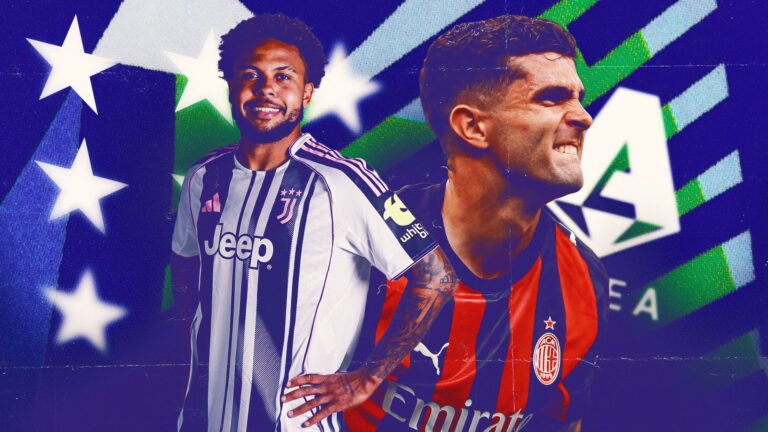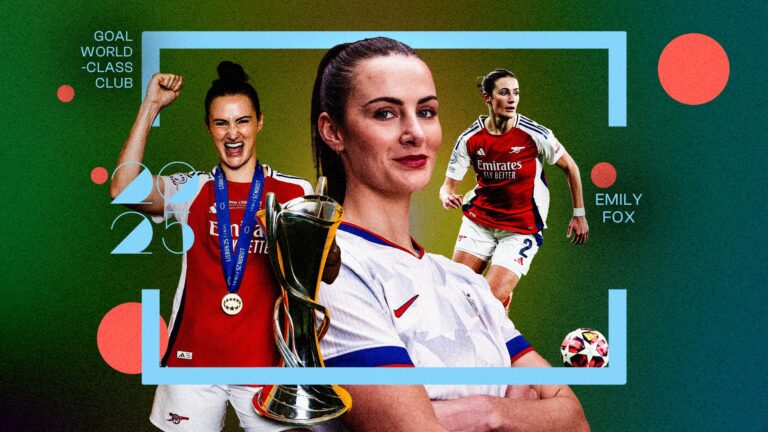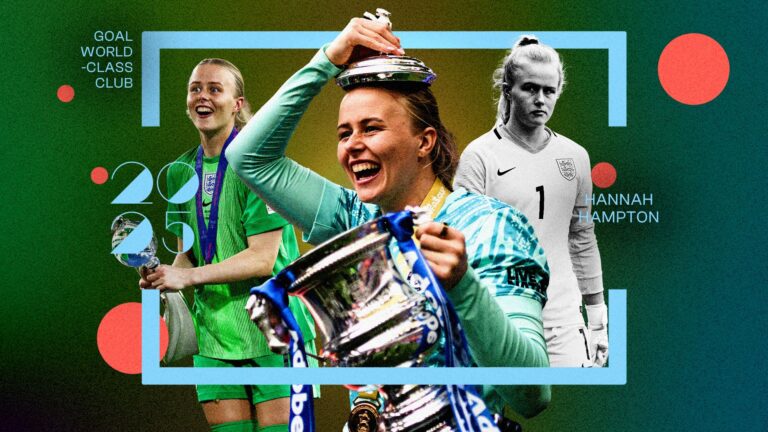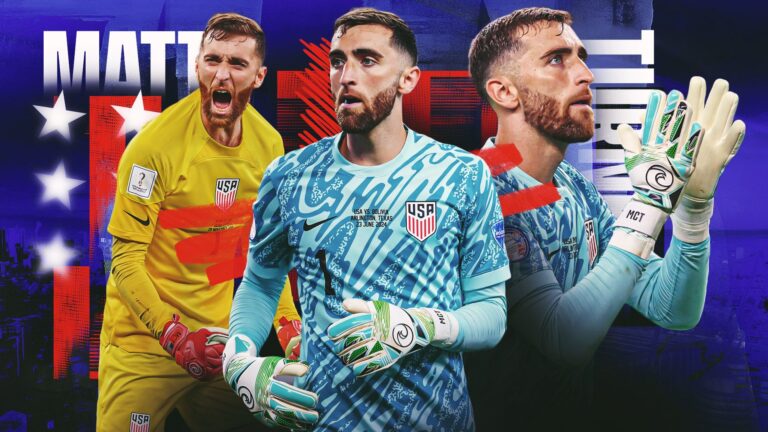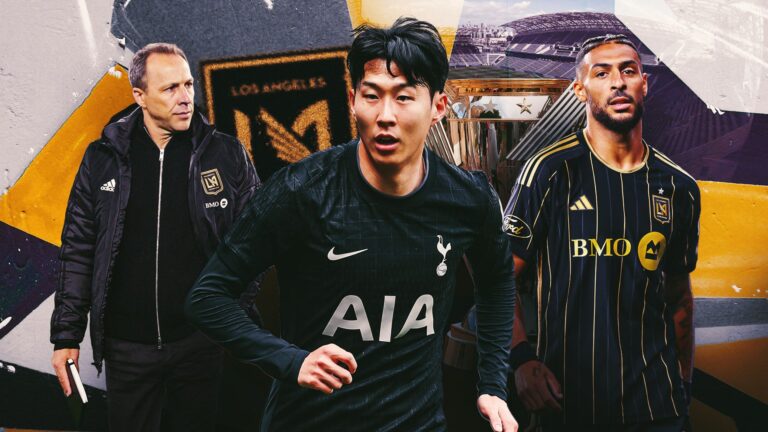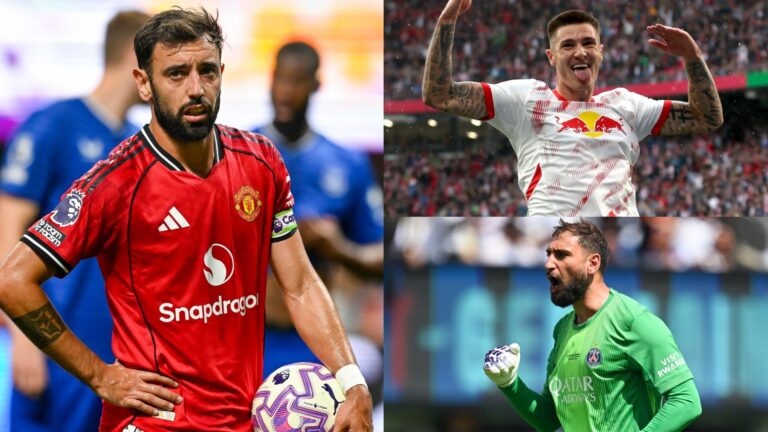When it comes to defining ‘Spursy’ the footballing community should hold itself to a higher standard. Any team can lose after going two goals up, any side can snatch defeat from the jaws of victory, and ultimately, every fanbase thinks that the universe has it in for them. That’s just how sport works.
For Tottenham, however, there is more of a unique history of shenanigans which range from painful, like Sol Campbell’s move across north London to Arsenal for free after he said he would stay, to ironic, such as their director of football Fabio Paratici receiving a global footballing ban while running their transfer operations.
Even on the recruitment level, most clubs find themselves stuck in what feels like an endless loop of misadventure – مانشستر يونايتد supporters were well versed with Nico Gaitan from about 2012 to 2015 without him ever playing for them, for example. But again, the case of Spurs feels strangely unique, with some of their failed deals owing to the most incredible circumstances.
Here are eight of the most incredulous tales they have found themselves in:









When it comes to defining ‘Spursy’, the footballing community should hold itself to a higher standard. Any team can lose after going two goals up, any side can snatch defeat from the jaws of victory, and ultimately, every fanbase thinks that the universe has it in for them. That’s just how sport works.
For Tottenham, however, there is more of a unique history of shenanigans which range from painful, like Sol Campbell’s move across north London to Arsenal for free after he said he would stay, to ironic, such as their director of football Fabio Paratici receiving a global footballing ban while running their transfer operations.
Even on the recruitment level, most clubs find themselves stuck in what feels like an endless loop of misadventure – Manchester United supporters were well versed with Nico Gaitan from about 2012 to 2015 without him ever playing for them, for example. But again, the case of Spurs feels strangely unique, with some of their failed deals owing to the most incredible circumstances.
Here are eight of the most incredulous tales they have found themselves in:
We’ll start with the most recent grievance, and it’s already among the most major in Spurs’ history. On July 10, news broke that Tottenham had triggered the £60 million ($80.5m) release clause in the contract of Nottingham Forest midfielder Morgan Gibbs-White, and he would undertake a medical the next day. Reports of Spurs’ interest only came out a couple of hours before this, and shortly after they had completed the £55m ($74m) signing of Mohammed Kudus, lifting the general mood around the club after a slow start to the summer window.
What happened next will live long in the memory. Instead of Gibbs-White undergoing a medical, Forest threatened Spurs with legal action and later lodged a complaint to the Premier League over their approach, believing the release clause was secretive and there was a breach of confidentiality. It did initially seem as though this would only delay the deal, and various transfer window insiders claimed that ultimately the player would end up in north London.
There was a fortnight of relative silence. Nobody outside of the two clubs involved seemed to know for sure what was happening. There were reports that Manchester City could reignite their historic interest and Forest would prefer to sell to them given their newfound vendetta against Tottenham, but that didn’t come to pass.
Late on July 26, Forest announced that Gibbs-White had signed a ‘record’ three-year contract and would be staying. He and the club’s social media accounts repeatedly thanked owner Evangelos Marinakis for making it happen, in what was among the strangest uses of the internet since it became a worldwide public forum. But whatever you make of how weird that was, Spurs had been rumbled somehow.
Tottenham’s 2019 summer window, which immediately followed their first and only appearance in a دوري أبطال أوروبا final, saw them smash their transfer record to sign Tanguy Ndombele for an initial £55m. And yet they nearly spent an even greater sum on a vastly more proven player.
Mauricio Pochettino, not knowing he was heading into his final few months in the manager’s job, wanted to refresh his attack, and set his sights high with a top target of Paulo Dybala. Then of Juventus, the Argentine forward was open to joining Spurs, even though he was happy in Turin and felt he was being forced out by the club for no good reason.
The problem for Tottenham was when they chose to conduct their business. Chairman Daniel Levy is known for preferring to move late in the window in order to get better value on deals, and this wasn’t the first time that he gave himself too much to do in a short space of time.
For 2018 and 2019, the Premier League experimented with closing the transfer window before the opening day of the season, mainly to appease clubs who said leaving it open for the entirety of August left them vulnerable and they should be able to begin a campaign with a settled squad. The rest of Europe refused to follow in their lead, and so English sides shot themselves in the foot despite their best of intentions.
Spurs stepped up their interest in Dybala in the final week of the Premier League’s window and came to a broad £70m agreement with about 48 hours before the deadline, but they were yet to solve a two-word issue that has become folklore for the wrong reasons – image rights. When he was younger, Dybala sold his image rights to a third-party marketing company known as Star Group, and in order for Tottenham to register him, they would need to purchase those as well. The legal matter became too complex with too little time to navigate and the move was called off.
In 2021, Dybala settled this dispute with Star Group for little over £30m, showing just how much more Spurs would have had to pay to get the deal done.
A story as famous on these shores as the player himself. Amid their £100m splurge on players to fill the hole about to be left by Gareth Bale, Tottenham targeted Anzhi Makhachkala winger Willian and agreed a £30m fee. What’s more, he even underwent a medical and a deal seemed to be complete, when all of a sudden تشيلسي entered the race. The player’s head was turned and he left Spurs in the lurch to join their fierce London rivals instead.
Willian later revealed that he only found out about Chelsea’s bid as he arrived at Tottenham’s training ground, where he was told by his agent to get back in the van he arrived in so they could set forth for the Blues’ Cobham base instead. Though sometimes a frustrating player, Willian was adored by the Chelsea faithful for his work ethic, contributions in winning several titles, and the chant they were able to sing on the terraces:
“The sh*te from Spurs, they bought his flight,
But Willian, he saw the light,
He got the call from Abramovich,
And off he came to Stamford Bridge,
He hates Tottenham, he hates Tottenham,
He hates Tottenham, he hates Tottenham.”
Levy has always preached that, no matter what you think of his methods, he is ultimately an ambitious chairman. Indeed, only a year or so into his time at Tottenham did he make an audacious attempt to sign Brazilian legend Rivaldo from برشلونة.
Rivaldo considered Spurs, but opted to join ميلان instead, and in the pre-smart phone era, he had a rather peculiar way of informing the north Londoners of his decision.
Glenn Hoddle, then the Tottenham manager, told the press: “We were so close to getting Rivaldo. Milan pushed the boat out and pushed the money up to extortionate levels. Other than that we were pipped at the post – he was coming here. To be fair to the lad he showed a touch of class, I’ve never known it before, he sent a terrific letter explaining why he opted for Milan. I’ve never had that before from a player I’ve missed out on.
“It was a touch of class from him and his agent saying that he would have come but, in the end, Milan proved to be place where he felt it was right – whether it was financial or not. At the end of the day, really, they made him an offer he couldn’t refuse.”
Tottenham were ever so close to having a wing-pairing of Bale and Eden Hazard. Their collapse at the end of 2011-12 and Chelsea’s unlikeliest of Champions League triumphs meant that dream never became a reality.
After exploding onto the scene with Lille, Hazard made no secret of his desire to move to the Premier League in the summer of 2012, preferably to a team in the capital. He held talks with Arsenal and Spurs, with the latter tabling a tempting proposal that the Belgian was keen on, provided manager Harry Redknapp maintained the team’s upward trajectory.
For a short while, Tottenham looked like Premier League title contenders that season and spent the majority of the campaign in third place, far closer to the top two of Manchester City and Manchester United than the rest of the pack. However, Redknapp’s refusal to commit to Spurs when the England job became vacant saw them lose track and eventually slip to fourth behind the Gunners. That would still have been enough to secure Champions League football under normal circumstances, but for the first – and only – time, that spot was revoked due to a team outside those positions winning the European Cup.
Chelsea finished sixth, but won the Champions League in extraordinary circumstances, beating Bayern Munich in their own back yard despite being huge underdogs throughout the knockout phases. At this time, UEFA only allowed four teams per association entry into their top-tier competition, so Spurs had to forfeit their ticket to the big time so the holders could take their place. This ruling was changed a year later.
Hazard was then sent an offer from Chelsea, and he announced on Twitter that he would indeed be taking his talents to Stamford Bridge instead of White Hart Lane.
Southampton weren’t too pleased when Tottenham turned the head of their esteemed up-and-coming manager Pochettino in May 2014. It led to a cold war between the clubs over the next two years, which included a Forest-esque legal threat over the signing of Toby Alderweireld from أتلتيكو مدريد after he had spent a year on loan at the Saints.
The south coast club refused to do direct business with Spurs, and that meant they did not allow Pochettino’s midfield general Morgan Schneiderlin to leave weeks after his boss made the move to north London. The Frenchman felt he had been denied a golden opportunity to extend his career at the top level, and so we saw one of the all-time great social media outbursts.
Ultimately, Southampton stood firm and sold Schneiderlin to Manchester United one year later for £25m, though he was considered a disappointing signing at Old Trafford. Tottenham, meanwhile, spent the next two years courting his midfield partner, Victor Wanyama, and scooped him up at a cut-price £11m in 2016 after he ran his contract down into the final 12 months.
The young-heads out there probably won’t remember that Saido Berahino was once considered one of the Premier League’s next great strikers. His return of 20 goals for an ultra-defensive West Brom in 2014-15 caught Tottenham’s attention in their search for cover for Harry Kane.
A summer-long saga yielded little progress, and West Brom were particularly infuriated by Spurs’ final bid of £22m based heavily on instalments. Berahino, like Schneiderlin, took to Twitter to vent his own anger, vowing to never play for the club again under chairman Jeremy Peace.
This is where Tottenham and Berahino’s fortunes began to differ. Spurs instead switched their attention to باير ليفركوزن‘s Son Heung-min, who would go on to become one of the most influential signings in their history, but Berahino nosedived into infamy. He was reintegrated into the West Brom fold but never hit the same heights as before, and he was sold to ستوك City in January 2017. A journeyman career across Belgium and India has followed, and he is currently playing in the Slovenian second tier with Tabor Sezana.
Tottenham were one of the most attractive teams in all of Europe to young players when Pochettino was in charge. The rises of Kane and Dele Alli were the shining examples of how potential could be fulfilled in this half of north London.
In 2018, Pochettino wanted to add Jack Grealish to his ranks after أستون فيلا failed to secure promotion back to the Premier League from the بطولة. Financial trouble at Villa Park seemed to suggest they would be open for business, while both Dele and Kane gave their approval over a move for the maverick attacking midfielder.
Spurs and Levy, sensing that Villa were extremely vulnerable, made a first bid of only £3m, plus academy graduate Josh Onomah. It was rejected, obviously. By the time Tottenham showed at least a crumb of willingness to significantly up their offer, Villa had been rescued by new majority owners in Nassef Sawiris and Wes Edens, and Grealish was yanked back off the market.
Grealish went on to become a full England international as he led Villa back to the top-flight before Manchester City triggered the £100m release clause in his contract in 2021. It’s safe to say that was more useful for the club than the £3m and Onomah that Spurs had offered just three years prior.


